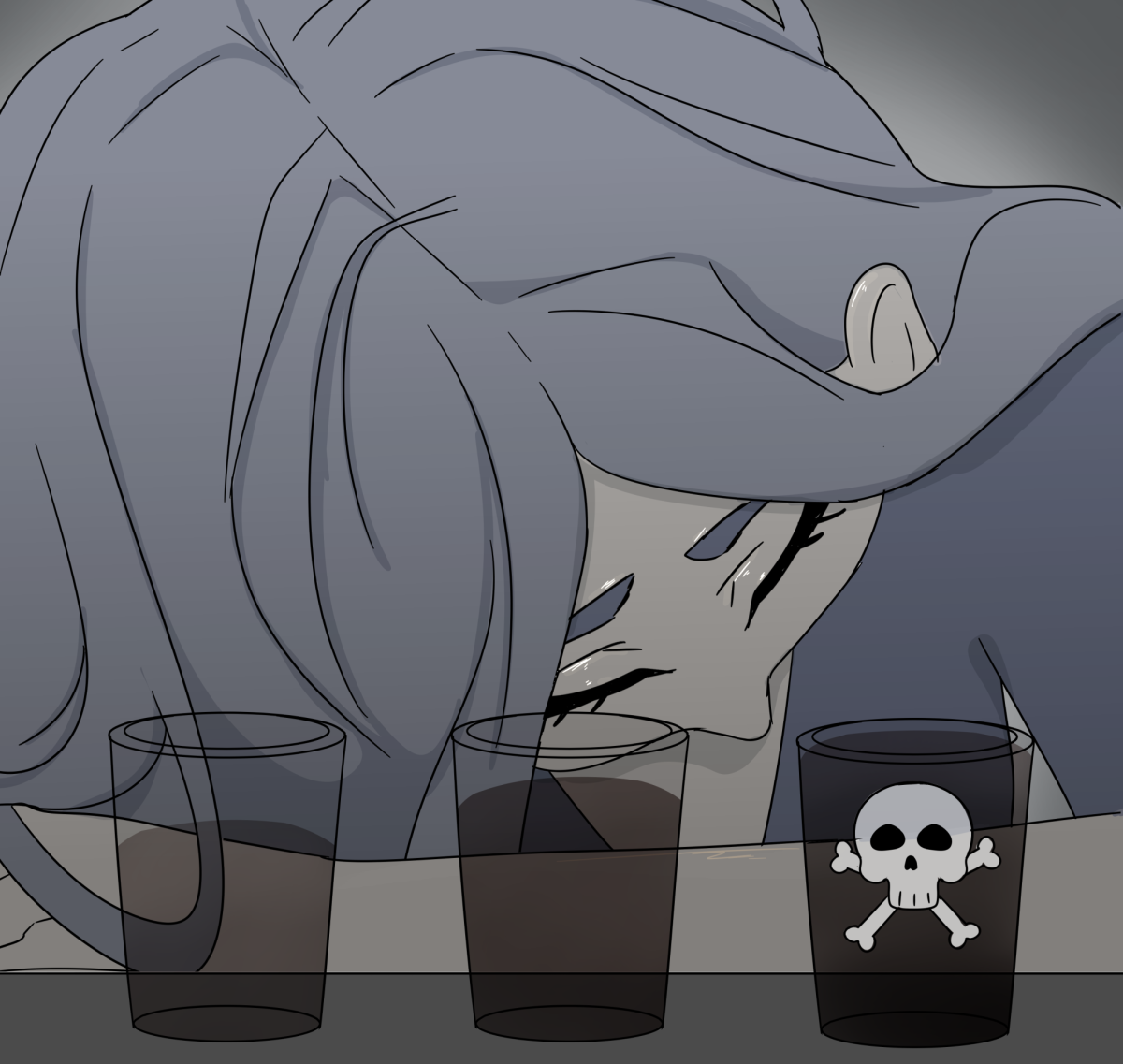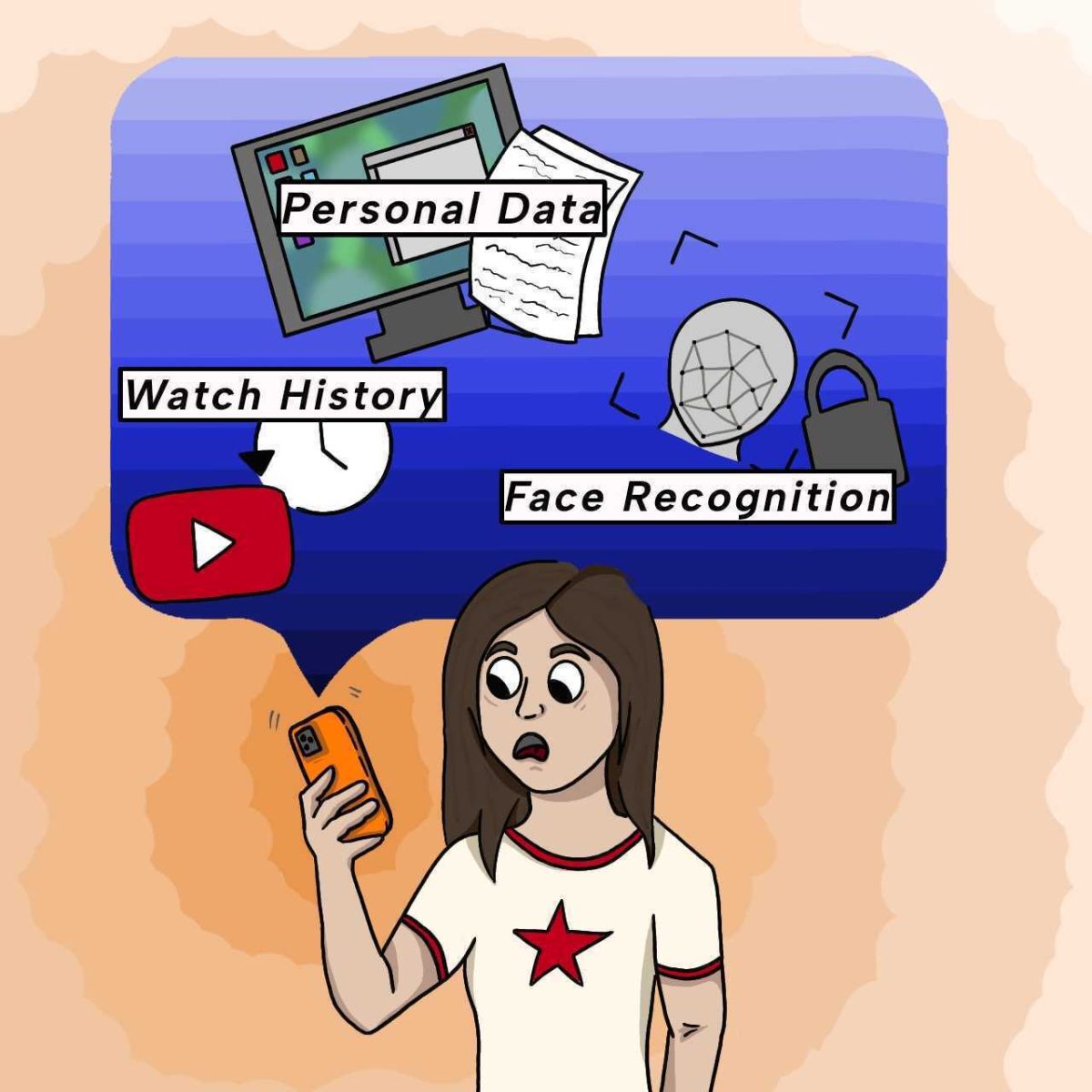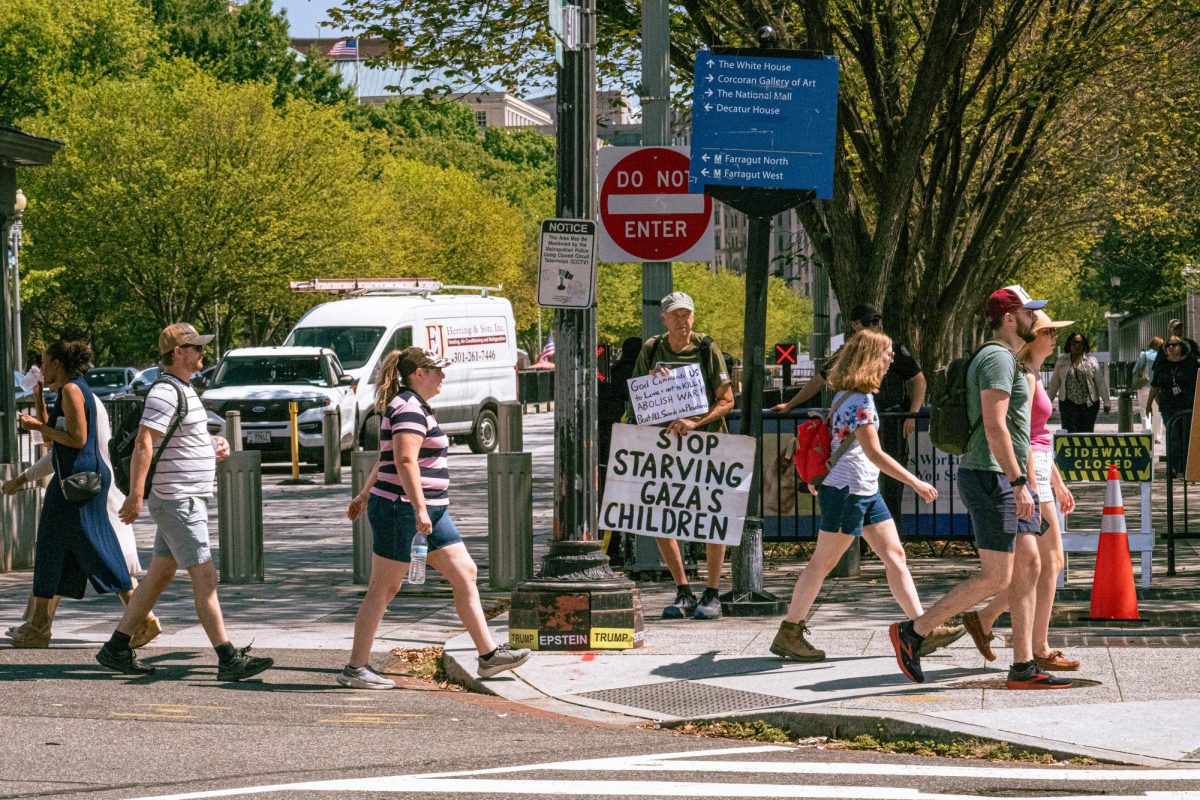The month of January brings a new year, resolutions and Dry January, a time where people abstain from alcohol for the entire first month of the year. Now that January has come to an end, individuals should maintain the temperance practice.
One risk of alcohol consumption is overdosing or alcohol poisoning. Excessive alcohol use is one of the leading causes of preventable death with more than 140,000 deaths between 2015 and 2019, according to the Centers for Disease Control and Prevention.
Alcohol intake, furthermore, should be reduced in order to lower the number of deaths caused by drunk driving. Totaled from drunk-driving crashes in 2021, 13,384 human beings died, according to the National Highway Traffic Safety Administration. This number is heartbreaking, especially given these deaths were preventable.
Plenty of drivers already drive irresponsibly without alcohol; let’s not make it worse by involving alcohol.
Drinking too much can result in hangovers which can negatively impact an individual’s well-being — medically, but also socially.
Marcia Berke, NIU health studies professor, said excessive consumption of alcohol can lead to missing out on events.
“There will be people that drink because it’s a good time and it’s a party and it’s a celebration. Then you’ve got people that drink too much, and then they get hungover and maybe miss something the next day,” Berke said. “Maybe they were supposed to go somewhere, maybe they had an important engagement, but instead they were too hungover, maybe it was a competition event that they had to miss. That affects your mental being and social outlook.”
Although drinking may be fun, it’s not so fun when you’re miserable, exhausted and sick the next day. Individuals could drink mocktails instead and not have an awful hangover afterward. Besides, life is more meaningful than pursuing a buzz all the time.
Drinking less alcohol can also reduce violence and crime. Roughly 15% of robberies occur when individuals are under the influence, and 37% of reported sexual assaults happen when people are drinking, according to the Alcohol Rehab Guide. Citizens could contribute to a safer community by practicing temperance and not make their town a reenactment of Grand Theft Auto.
It wouldn’t kill anyone to give up alcohol, just think of it as your permanent good deed.
Some individuals drink alcohol as a coping mechanism for stress, anxiety and other mental health issues. For instance, during the pandemic, 23% of people reported increased alcohol consumption, according to the American Psychological Association.
Although the pandemic was an unfortunate time, and it’s understandable that college students become stressed, there are much healthier ways to cope, including therapy. Alcohol only offers temporary relief.
The general public may enjoy drinking and going out to bars for fun, but there are other ways to celebrate.
Sober fun is good fun and – drumroll please – you can drive afterwards!
Berke mentioned the importance of having a support system and not giving in to social pressure when trying to cut back on drinking.
“I think you have to get with a buddy or a friend, you have to find someone that can help you cut down on your alcohol by maybe taking you to do another activity,” Berke said. “I know it’s easier said than done, but maybe like ‘hey what can we do tonight that’s not drinking? Let’s think of something else to do,’ and I think that buddy that’s helping you can host, like, a mini intervention, where they are there to support them to cut down on the drinking.”
Who needs alcohol when you can go to a coffee shop with friends instead?
Individuals that may be struggling with an alcohol addiction can visit Alcoholics Anonymous, an organization dedicated to helping whoever has a drinking problem overcome it.
The general public should savor time with their friends, not their alcoholic drinks. Individuals should consider making Dry January their permanent practice.




















